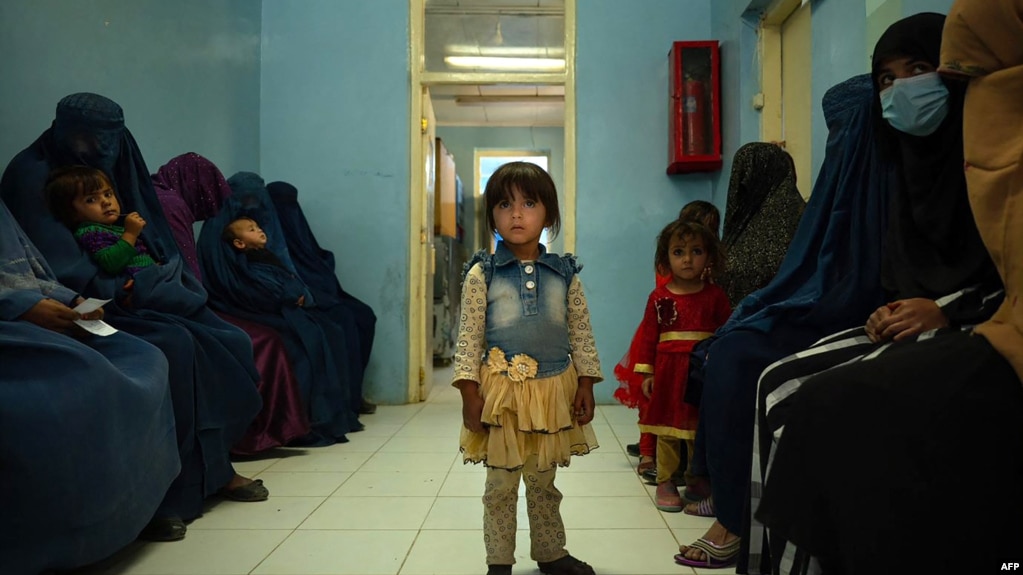According to the report, the ban on drug cultivation has resulted in a $1.3 billion reduction in farmers’ incomes in Afghanistan.
The World Bank in a recent report stated that Afghanistan’s gross output decreased by 26% in the past calendar year.
According to the report, the ban on drug cultivation has resulted in a $1.3 billion reduction in farmers’ incomes in Afghanistan.
The report also said that in 2023, revenue from taxation increased by 13%, reaching 102 billion afghani.
The findings of this report indicate that although exports remained relatively stable in 2023, there was a 15% decrease in exports to Pakistan.
“Afghanistan’s economic outlook remains uncertain, with the threat of stagnation looming large until at least 2025. The absence of GDP growth coupled with declining external financing avenues for off-budget expenditures paints a bleak picture of the nation’s economic prospects. Structural deficiencies in the private sector and waning international support for essential services are anticipated to impede any semblance of economic progress,” the report reads.
However, regarding this report, the Ministry of Economy said that various projects aimed at reducing poverty were implemented in the past calendar year.
Abdul Latif Nazari, a professional deputy at the Ministry of Economy, stated that attracting investment, focusing on the mining sector, increasing exports, preventing dollar smuggling, and improving the Afghan currency’s value against other currencies are among the most significant achievements of the Islamic Emirate.
“The recent World Bank report is incomplete in our view; the Islamic Emirate has taken serious steps in supporting the growth of domestic production, developing trade and transit, strengthening national monetary stability, launching major economic projects, and also strengthening Afghanistan’s agriculture. We have reduced the inflation rate in the country. Our demand is that sanctions and restrictions on the people of Afghanistan be urgently lifted,” he added.
Sakhi Ahmad Payman, the first deputy of the Chamber of Industries and Mines, said: “There is no doubt that the Afghan economy has contracted since the transformation due to the blocking of Afghanistan’s funds, the non-recognition of Afghanistan, and strengths in Afghanistan. Over the past two years, the value of the Afghan currency, exports, and investment in the mining and industrial sectors of Afghanistan have increased.”
Several economic experts believe that for economic growth, banking restrictions need to be removed, and work on major projects including the TAPI pipeline, Aynak copper extraction, and CASA-1000 should practically begin.
Shabir Bashiri, an economist, said, “Infrastructure projects play an important role in expanding employment opportunities in the country and can be extremely effective in reducing poverty.”
According to statistics, exports to Pakistan reached $1.2 billion in 2022, while in 2023 this figure decreased to one billion dollars. Conversely, exports of food items to India in 2023 increased by 43 percent.
 Afghanistan Peace Campaign
Afghanistan Peace Campaign

